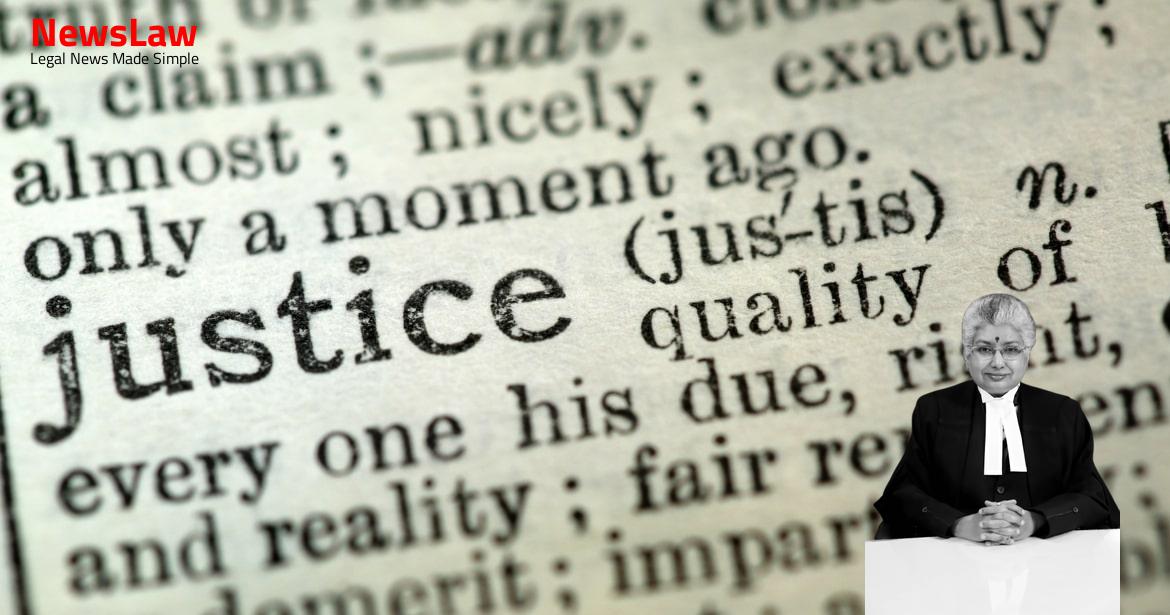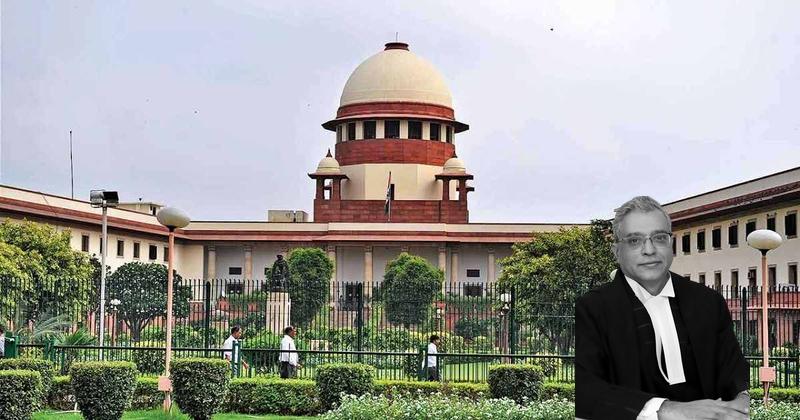In a recent development, the Bombay High Court has recognized the pressing need to resolve conflicting interpretations of the law regarding default bail computation under CrPC. The Court’s decision to refer the issue to a larger Bench reflects a commitment to provide clear and uniform guidance on this crucial aspect of criminal law. With divergent views clouding the application of default bail provisions, the anticipated resolution will ensure consistency and coherence in judicial decisions. The forthcoming decision holds the key to harmonizing legal interpretations and establishing a definitive understanding of default bail computation.
Facts
- The Bombay High Court granted default bail to the respondents under Section 167 (2) (a)(ii) of CrPC.
- Applications for enlargement of bail were filed on 13.07.2020 with physical filing token being issued by 11 am.
- Respondents claimed that the 60-day period from the date of remand expired on 12.7.2020 and the bail petition was presented on the next day.
- Enforcement Directorate filed a complaint via email on 11.07.2020 and the respondents were arrested on 14.05.2020 for alleged offences under the Prevention of Money Laundering Act, 2002.
- The respondents were remanded on the same date of their arrest.
Also Read: Court’s Jurisdiction in Re-appraising Arbitrator’s Findings
Issue
- The core issue is whether the day of remand is to be included or excluded in computing the period for default bail under Section 167(2)(a)(ii) of the CrPC.
- The key consideration is whether the day of remand is to be counted as part of the 90 or 60-day period specified in the provision.
- This issue is crucial for determining whether a claim for default bail is valid within the specified time frame.
- The interpretation of whether the day of remand is included or excluded will impact the application of the default bail provision in criminal cases.
Also Read: Contrary Directions in Issuance of Letter of Intent
Arguments
- Respondents rely on several cases to argue that the date of remand should be included in computing the available period for investigation for determining entitlement to default bail.
- There is a judicial conundrum due to conflicting views on the law for granting default bail, which needs resolution for Court guidance.
- There is a divergence of opinion on how the period for completing the investigation should be computed, with some favoring exclusion of the date of remand and others taking a contrary view.
- Appellants cite cases supporting the exclusion of the date of remand for computing the permitted period for investigation completion.
Also Read: Application for Stay in Civil Suit Rejected: Court’s Legal Analysis
Analysis
- In Chaganti case, the Court analyzed legislative intent for swift investigation
- Consequences of prosecution’s failure to conclude investigation within permitted period were discussed
- Chaganti and Mhd. Ashraft Bhat ratios not brought to notice in M Ravindran case
- M Ravindran case took a contrary view on excluding remand date for computing investigation period
- Contradictory approach taken in determining default bail eligibility for accused
- Earlier position of law was not considered in the latest decision
- A 3 judges bench made the latest decision
- A bench of appropriate strength is needed to settle the law taking note of earlier precedents
- In order to resolve a conflict of views regarding default bail under Section 167(2)(a) II of CrPC, the issue has been referred to a larger Bench for an authoritative pronouncement.
- The conflicting interpretations of the law regarding default bail have led to uncertainty in its application across the country.
- It is deemed necessary to have a clear and uniform understanding of the law to ensure consistency in decisions by the courts.
- Without a definitive decision on the issue, courts may continue to interpret the law based on different judgments or their own understanding, leading to inconsistent outcomes.
Decision
- Registry directed to place all relevant documents before the Chief Justice for constituting a bench of at least 3 judges to resolve the conflict in law on the issue of grant of default bail.
- Matter to be placed before a bench of 3 judges on a near date for consideration of the interim prayer for the respondents.
Case Title: ENFORCEMENT DIRECTORATE GOVERNMENT OF INDIA Vs. KAPIL WADHAWAN (2021 INSC 113)
Case Number: Crl.A. No.-000701-000702 / 2020



